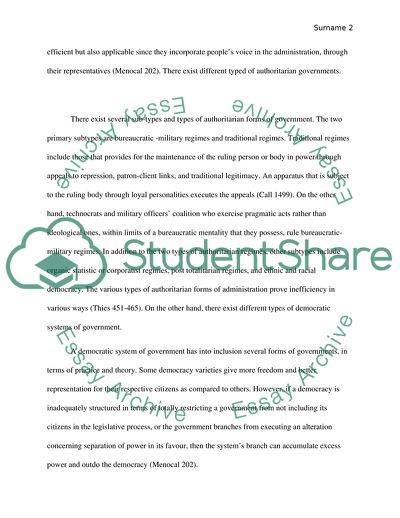Cite this document
(Are Authoritarian Governments More Efficient Than Democracies Article Example | Topics and Well Written Essays - 2500 words, n.d.)
Are Authoritarian Governments More Efficient Than Democracies Article Example | Topics and Well Written Essays - 2500 words. https://studentshare.org/politics/1873851-are-authoritarian-governments-more-efficient-than-democracies
Are Authoritarian Governments More Efficient Than Democracies Article Example | Topics and Well Written Essays - 2500 words. https://studentshare.org/politics/1873851-are-authoritarian-governments-more-efficient-than-democracies
(Are Authoritarian Governments More Efficient Than Democracies Article Example | Topics and Well Written Essays - 2500 Words)
Are Authoritarian Governments More Efficient Than Democracies Article Example | Topics and Well Written Essays - 2500 Words. https://studentshare.org/politics/1873851-are-authoritarian-governments-more-efficient-than-democracies.
Are Authoritarian Governments More Efficient Than Democracies Article Example | Topics and Well Written Essays - 2500 Words. https://studentshare.org/politics/1873851-are-authoritarian-governments-more-efficient-than-democracies.
“Are Authoritarian Governments More Efficient Than Democracies Article Example | Topics and Well Written Essays - 2500 Words”. https://studentshare.org/politics/1873851-are-authoritarian-governments-more-efficient-than-democracies.


